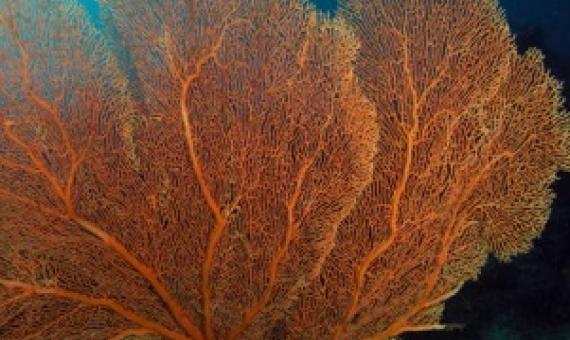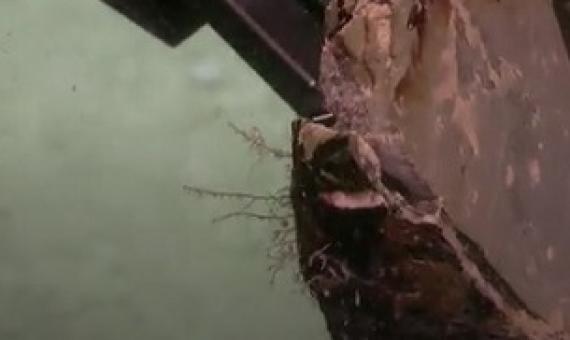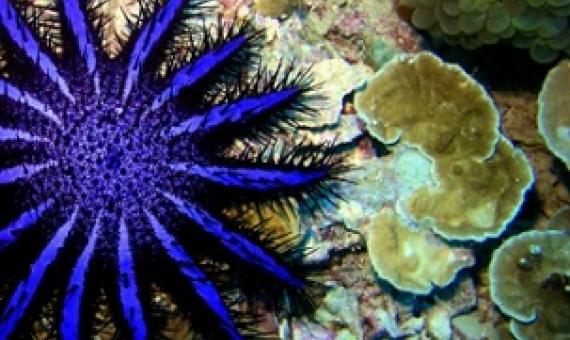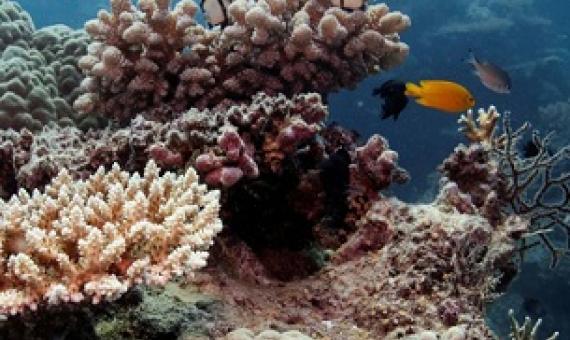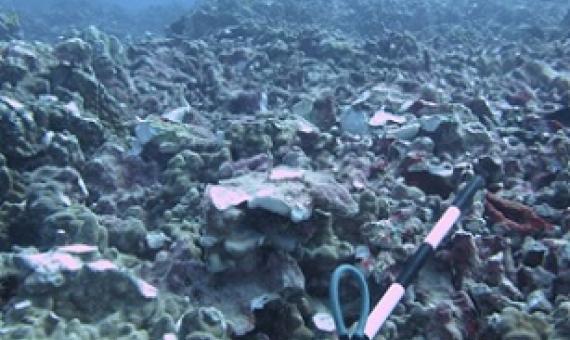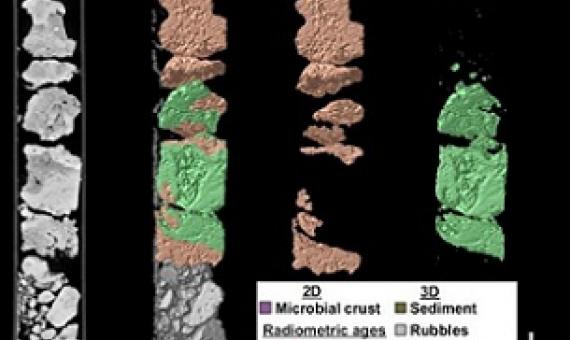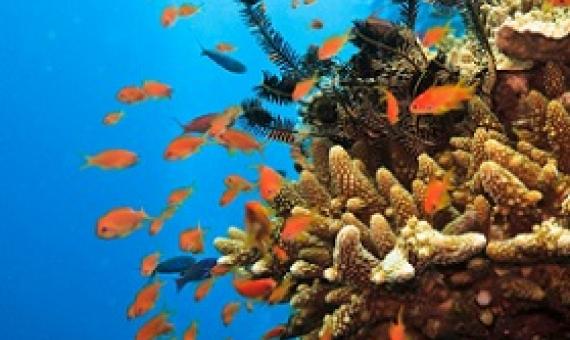The world’s oceans continue to absorb fossil fuel emissions and heat from the atmosphere, causing them to become warmer and more acidic.
For the first time, scientists have viewed the deepest regions of the Great Barrier Reef Marine Park, discovered five un-described species consisting of black corals and sponges, and recorded Australia's first observation of an extremely rare fish.
Director for Environment Sandeep Singh has been crossed examined in the case against Freesoul Real Estate Development Limited. The company is charged with one count of Undertaking Unauthorised Development and Failure to comply with a Prohibition Notice.
As if they don't already face enough challenges from bleaching, many of the world's coral reefs are currently being eaten by the crown-of-thorns starfish.
Under-regulated fishing along the Great Barrier Reef is putting the world’s biggest coral reef system at further risk as it deals with repeated mass bleaching events, the Australia government’s marine park authority has found.
Owners of a luxury yacht have been fined $100,000 for damaging coral reefs off Hawaii Island. The DLNR says Formosa Wealth Management Group, owners of the 197-foot luxury yacht, dropped their anchor in the Kailua Bay Zone of the Kona Coast Fishery Management Area in 2018.
The scaffolds that help hold together the world's tropical reefs are at risk from acidification due to increased carbon dioxide in the world's oceans, according to geoscientists at the University of Sydney.
In 2018, following two years of unprecedented mass coral-bleaching across Australia’s Great Barrier Reef, I travelled to Queensland to talk to experts about how tourism is both helping and hindering conservation efforts there and what we can all do to help preserve the world’s largest coral reef
Valuation of coral reefs in Japan: Willingness to pay for conservation and the effect of information
In recent decades, despite their value, coral reefs have been endangered and are swiftly declining because of land overuse, rising sea temperatures, and increasing ocean acidification. This study assesses the willingness to pay (WTP) for coral reef conservation in Japan. We conducted an online discrete choice experiment with 10,573 respondents. A latent class logit model framework was used, and three respondent classes were recognized.
To Feed or Not to Feed? Coral Reef Fish Responses to Artificial Feeding and Stakeholder Perceptions in the Aitutaki Lagoon, Cook Islands
Feeding wild animals is a regular habit in ecotourism worldwide with poorly known consequences for ecosystem functioning. This study investigates how effective bread feeding is at attracting coral reef fish in the South Pacific, which feeding groups of fish are most attracted, and how natural foraging rates of an omnivorous and a grazingdetritivorous fish are affected. Data were collected at sites where fish are regularly fed bread by snorkellers and at comparison sites where bread was only provided for this study, within the Aitutaki lagoon (Cook Islands).
